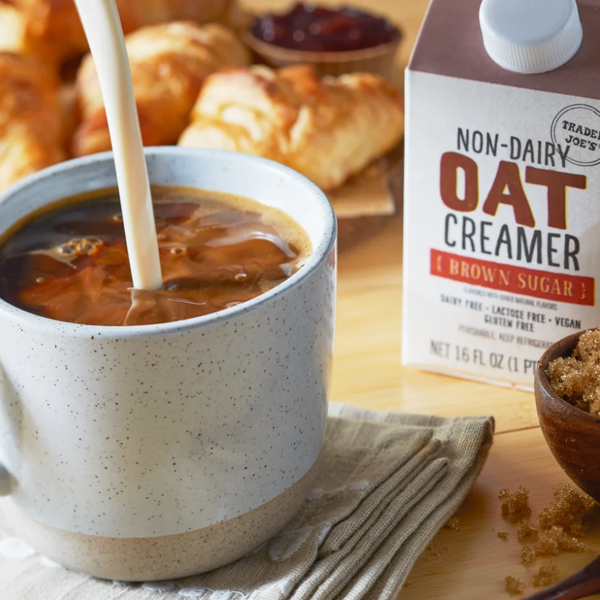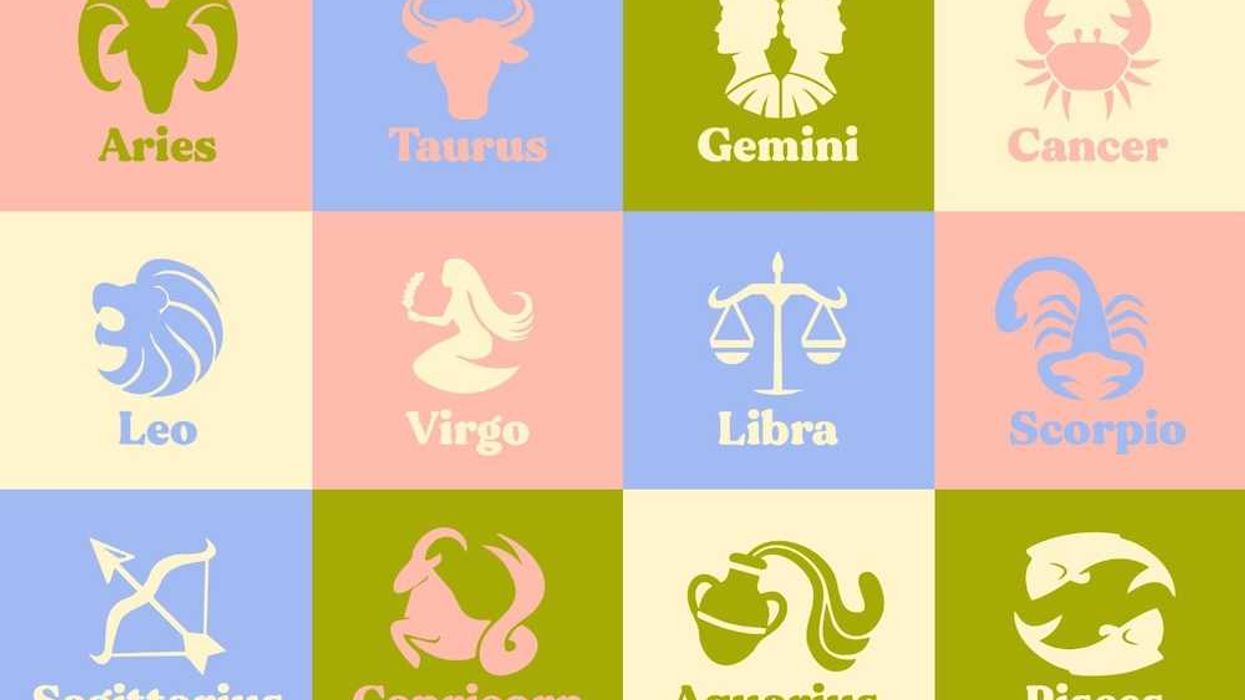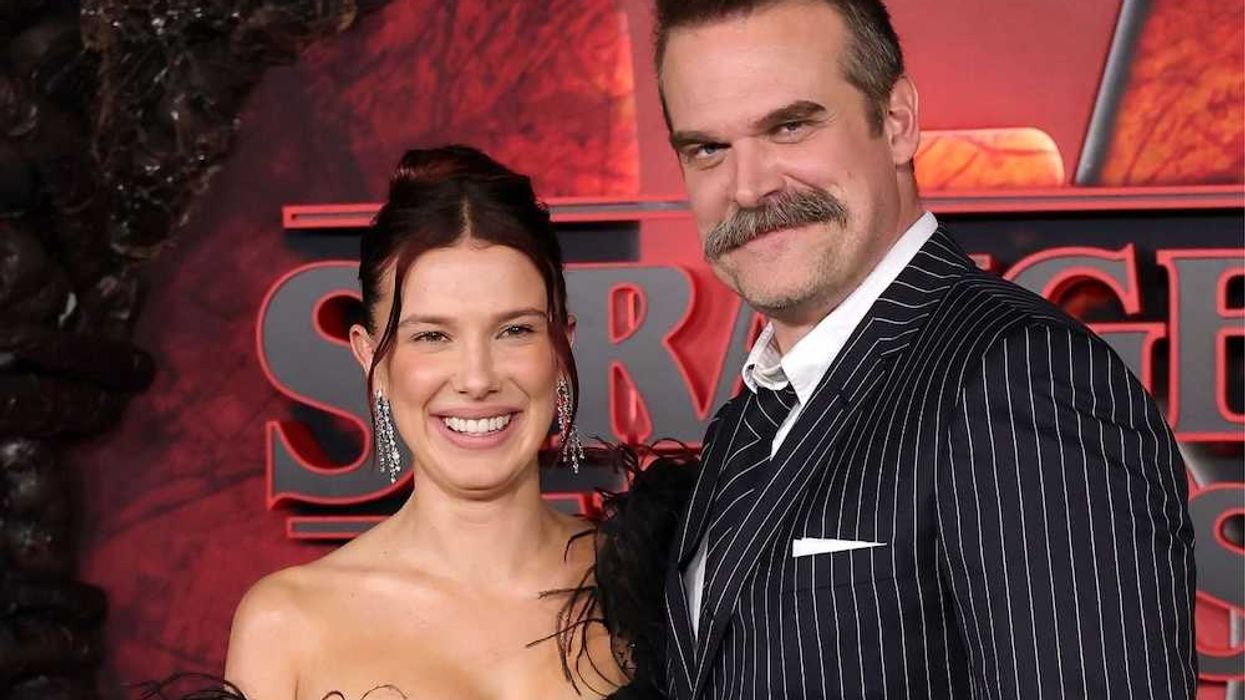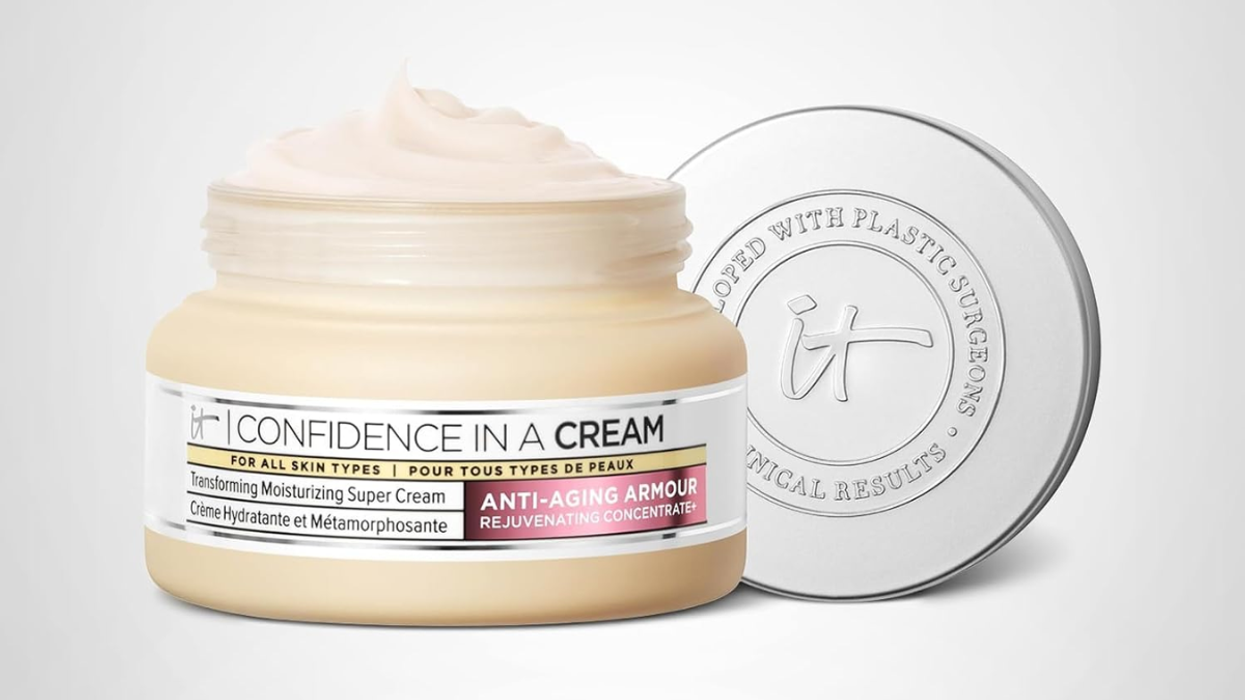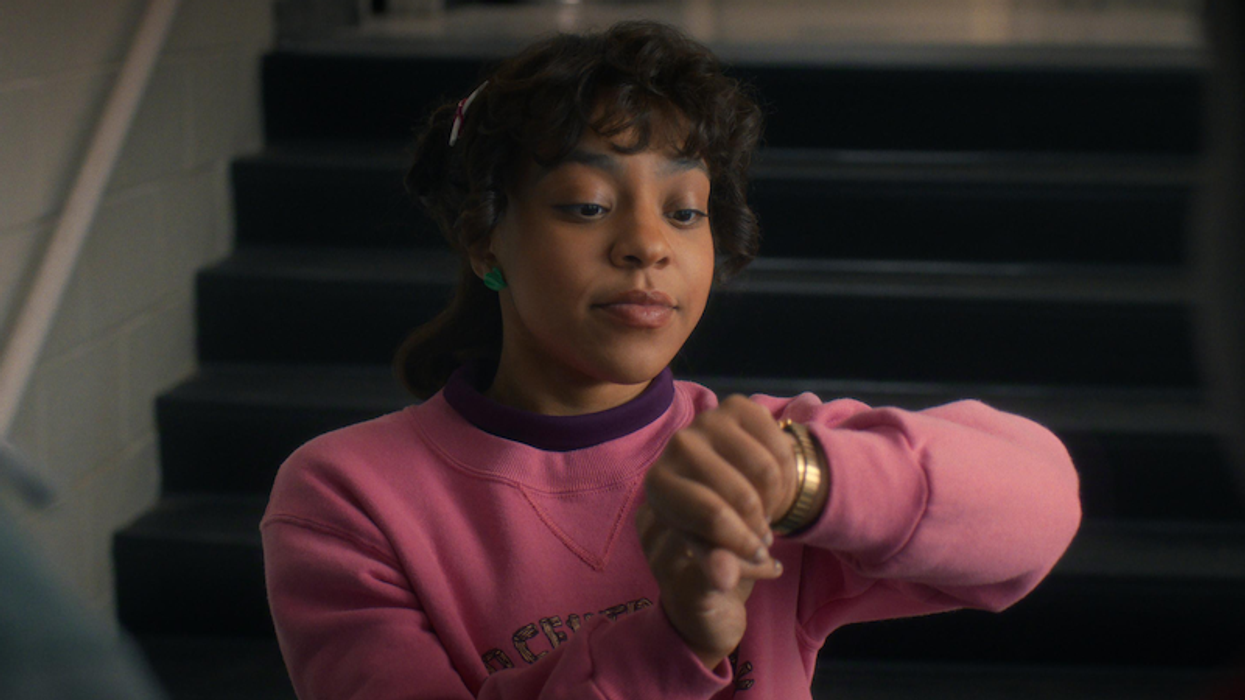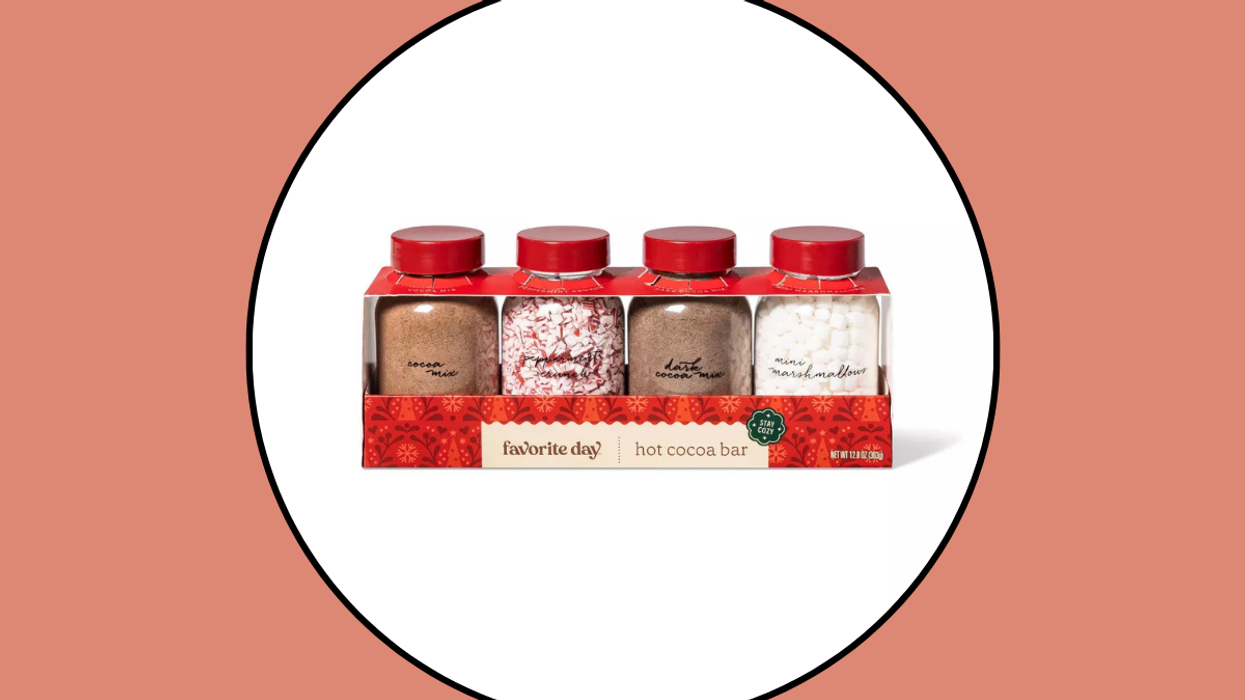The secret’s in the caffeine.
Why Being Genetically Wired to Dislike Coffee’s Taste Might Mean You Drink Even More

If you’re part of nearly two-thirds of adult Americans who drink at least one cup of coffee a day, you probably plan your whole morning around your first caffeine intake. Maybe you make your own at home (hopefully in an eco-friendly way) or set aside a portion of your paycheck for those daily visits to your favorite coffee shop. Now there might be a scientific explanation for how your body learns to rely on that coffee boost — and it’s most likely an acquired trait. According to new research from Northwestern Medicine in conjunction with QIMR Berghofer Medical Research Institute in Australia, your genes may predict just how hooked on coffee you’re going to be.

Using a genetic technique called Mendelian randomization, the study tested over 400,000 participants in the UK for their perception of the bitterness of caffeine in coffee and tea and combined that data with self-reporting of how much caffeine the subjects drink on a regular basis. Surprisingly, the data showed that the more the participants were able to taste the bitterness of caffeine due to a genetic variant, the more cups of coffee they drank every day. To make sure it wasn’t just a British thing, the research was repeated in independent studies in the US, and the results were very similar, explains Jue Sheng Ong, one of the researchers from the study.
The reasoning behind continuing to chug down cups of joe, even if you’re averse to the bitter taste? Most likely, it’s a mental association with how energized it can make us feel, says Dr. Marilyn Cornelis, another of the study’s authors, who’s an Assistant Professor of Preventive Medicine at Northwestern University’s Feinberg School of Medicine. “Some people associate the taste of caffeine with psycho-stimulative effects; it’s a positive reinforcement. Caffeine is very bitter naturally and not something we want to taste, but that learned behavior masks our natural avoidance of bitter tastes,” she says. Expands Ong, “For those that can taste the bitterness of caffeine, the unique taste becomes a driving factor for them to seek and obtain more caffeine into the system, eventually feeding into that addiction.” It’s like your brain learns to associate the taste of caffeine with the knowledge that the cup will get you through (at least part of) your day.
Your environment (like growing up in a household where no one started the day without a hot cup of coffee) or enjoyment of the social aspect of drinking coffee (whether at the office or in quaint coffee shops with friends) can make caffeine consumption even more prevalent, but genetics play a big part in it. “Those who have genetic variants with higher caffeine metabolism consume more. But if you’re not genetically predisposed to drink a lot, chances are you’re not,” says Cornelis. You’re most likely destined to sip on about as much as your ancestors did. If you feel as though you’re a bit too dependent and can’t function without tons of caffeine coursing through your veins, your genes may make it harder to wean yourself off of it, Cornelis adds, and you’ll need a bit more willpower.
Does drinking coffee (or avoiding it) run in your family? Tell us @BritandCo.
(Photo via Getty)



